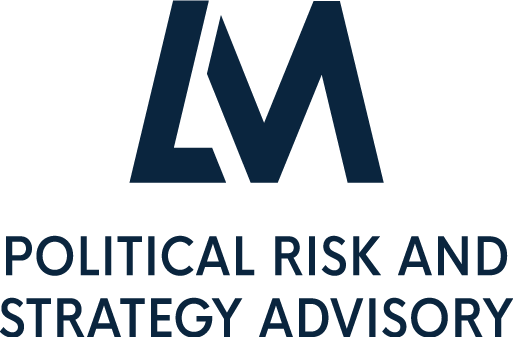Case Studies
Supply Chain Management
A German manufacturing firm that sources components globally has suffered from multiple problems affecting their supply chains. Firstly, during the pandemic a sudden shortage of parts that have long been purchased from a Chinese supplier hit the firm’s manufacturing capacities. Secondly, the shrinking availability of microchips had limited the firm’s innovation dynamics. New products that the firm developed to keep their innovative advantage could not be assembled because they required more and better-quality microchips. Thirdly, the rising cost of sea freight with longer shipping times during the past years has increased the firm’s overall cost structure and decreased its competitiveness. These reasons, together with the upcoming stricter legislation requiring higher ESG transparency along the supply chain, made the firm fundamentally reconsider its supply chain management. To support this process, the company hired L&M PRISK.
When the German firm turned to L&M PRISK, we first of all analyzed the root causes of the firm’s supply chain problems. The sudden shortage of specific parts was due to China’s restrictive approach to fighting the pandemic. The regime gave more importance to the fight against Covid-19 than to the continuity of activities, which led to the shutdown of factories whenever necessary. To increase the firm’s resilience against external shocks, we identified alternative suppliers for the products outside of China. The lack of microchips had much deeper consequences than originally thought because of the firm’s reliance on US markets. Therefore, it was not only necessary to manage the immediate scarcity of microchips, but also important to protect the firm against future negative impacts from the US-China tech war and the Taiwan crisis in which microchips play a crucial role. Shifting to a friend-shoring strategy was begun with a roadmap to implement each activity step-by-step. The rising shipping costs and longer shipping times could be managed directly through the shift to alternative supply routes which leaves the firm with more flexibility when sourcing. Lastly, reporting practices to accommodate compliance topics were adapted in a way that L&M PRISK can guarantee transparency along the supply chain down to each single supplier.
The outcomes of the project have left the German firm more resilient, faster on the market, more cost effective, and fully compliant with legal demands.

